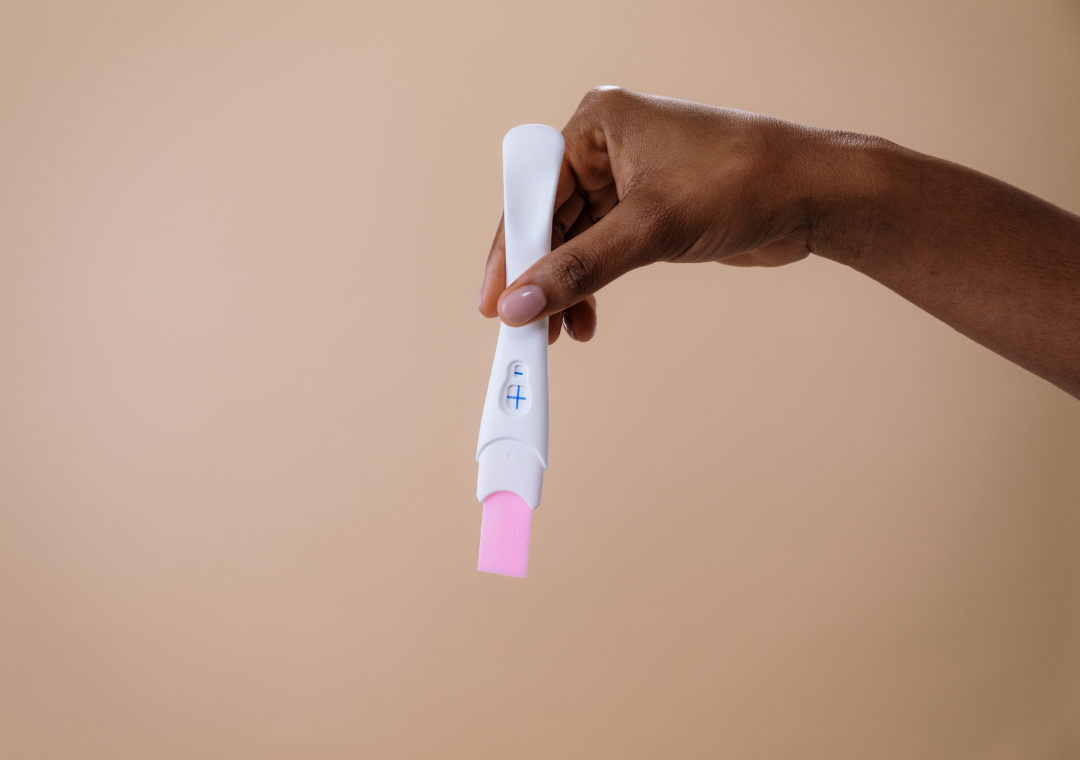What Happens During an Ectopic Pregnancy
According to the American Pregnancy Association, 1 in every 50 pregnancies are ectopic. That means that after an egg is fertilized, it fails to attach itself inside of the uterus. Instead, it usually ends up inside the fallopian tube (1). These tubes are not meant to house a growing baby, so the embryo will ultimately fail to grow properly.
How do I know it's an ectopic pregnancy?
Your doctor will look for several things (1):
- Low hCG levels
- If the uterus holds a developing fetus (ultrasound test)
- Pain or tenderness in the abdomen (pelvic exam)
- A mass in the abdomen (pelvic exam)
- Low levels of progesterone
- Look for blood at the top of the vagina behind the uterus (culdocentesis)
Am I at risk for an ectopic pregnancy?
Symptoms you may experience:
Stabbing pain in the pelvis or abdomen may be present, along with possible shoulder or neck pain if the fallopian tube has ruptured. Many women also report having an upset stomach, nausea, dizziness, weakness, or bleeding from the vagina that differs from the intensity of their usual period.
How do I treat an ectopic pregnancy?
Finding out you're experiencing an ectopic pregnancy can be followed by a variety of emotions: sadness, pain, disappointment, fear. If your fallopian tubes remain in place, data estimates that you have at least a 60% chance of having a successful future pregnancy (1). Doctors will examine the amount of hCG in your body to determine if the ectopic tissue was properly removed from the affected fallopian tube.
Treatments:
Laparoscopic surgery to either remove the fallopian tube or to remove the ectopic pregnancy and fix said tube
If the tube has ruptured, emergency surgery should take place to stop the bleeding. The ruptured, or stretched, section of the tube may have to be removed.
Doctors may prescribe Mathotrexate to attempt to save the fallopian tube if the pregnancy has not progressed too much. This medication should help the body absorb the pregnancy tissue (1).
Try our BINTO fertility supplements to improve egg quality, help balance your hormones, and for prenatal support!
- http://americanpregnancy.org/pregnancy-complications/ectopic-pregnancy/

